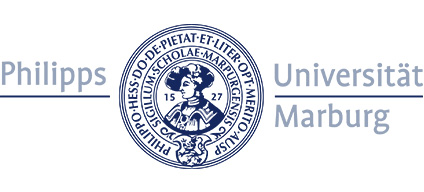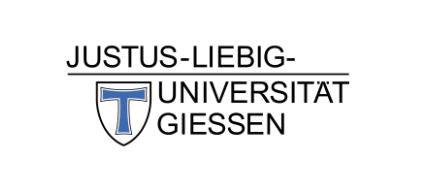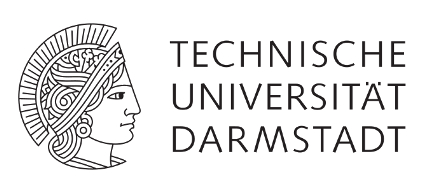Main Content
More Exchanges with Chinese Universities
Neuroscience benefits from stronger collaboration

Signed the new cooperation agreement: Professor Dr. Helmut Schäfer, Professor Dr. Yonghua Zhang, Professor Dr. Tilo Kircher and Professor Dr. Michael Bölker (from left to right).
The German Academic Exchange Service (DAAD) has supported the University of Marburg's strategic collaborations with universities in China, including Zhejiang University in Hangzhou, since 2013. A new cooperation agreement and further funding from the German Federal Ministry of Education and Research (BMBF) from October 2017 onwards will now intensify the collaboration in the field of neuroscience.
Cooperation agreement in the psychiatry area
On Friday, 6 October 2017, Professor Dr. Michael Bölker, Vice President for Research, Young Academics and International Affairs and Professor Dr. Tilo Kircher from the university's Department of Medicine signed a cooperation agreement with the Mental Health Center of Seventh People’s Hospital, a teaching hospital that belongs to Zhejiang University in Hangzhou. Particularly the research into schizophrenia, depression and bipolar disorders will benefit from the international exchange. "The Mental Health Center offers a promising environment for joint research projects," said Professor Dr. Tilo Kircher during the signing of the agreement in Marburg. "For us, the partnership lays the foundations for a mutual exchange of knowledge in important clinical research areas such as schizophrenia and psychotherapy. I am delighted that we were able to put this on a firm footing today as a strategic measure together with the centre's director Yonghua Zhang," Kircher said, adding that the Mental Health Center enjoys an excellent reputation in the areas of teaching, prevention and the treatment and rehabilitation of patients with mental illnesses and therefore offered numerous starting points for the collaboration. "The new cooperation agreement is also an important milestone for the further expansion of the Marburg Center for Mind, Brain and Behavior, the MCMBB“, says Professor Dr. Carsten Culmsee from the Department of Pharmacy, the MCMBB's deputy executive director. "We want to increase the international presence of our university and establish it further as a highly attractive research location," Professor Dr. Bölker said. "Strategic partnerships such as this one make a major contribution to this aim."
German Federal Ministry of Education and Research (BMBF) funding in the neuroscience field
Besides the German-Chinese collaboration in the area of clinical psychiatry, the BMBF is also facilitating new additional professional connections in the field of neuroscience in general. The BMBF is supporting the establishment of a "Sino-German Neuroscience Network" (SGN2) with a total of 200,000 euros. The project is one of seven ideas throughout Germany the ministry is funding within the scope of its competition for the promotion of innovative concepts for Germany-wide specialist graduate work related to China.
The SGN2 was set up in order to strengthen established relationships between groups of researchers and institutes in China and Germany and to provide a database that allows researchers, research institutes, universities and business to identify partners for the initiation of joint research and development projects. In this way, the SGN2 creates a alumni network that bundles specialist knowledge from both countries across institutes and also builds a bridge between science and business. "The SGN2 will make it possible for its members to find partners and also technical resources for innovation and ground-breaking collaborations in the neuroscience field. Particularly in areas with direct healthcare research relevance such as the diagnosis of psychiatric-neurological conditions, the network will contribute considerably to increasing the joint innovation potential in our two countries," says Professor Dr. Frank Bremmer, head of the university's Department of Physics and executive director of the MCMBB, who will also lead SGN2.
Also involved in the SGN2 to a considerable degree are Professor Dr. Andreas K. Engel (University Medical Center Hamburg-Eppendorf), Professor Dr. Brigitte Röder (Universität Hamburg), the Gießen-based Thomas Recording GmbH and renowned neuroscientists from Zhejiang University in Hangzhou, Tongji University in Shanghai and Tsinghua University Beijing, the Chinese Academy of Sciences, Beijing Normal University and Peking University.
Further Information:
Strategic Partnerships of the University of Marburg with China: http://www.uni-marburg.de/international/about/projekte/zukunft


